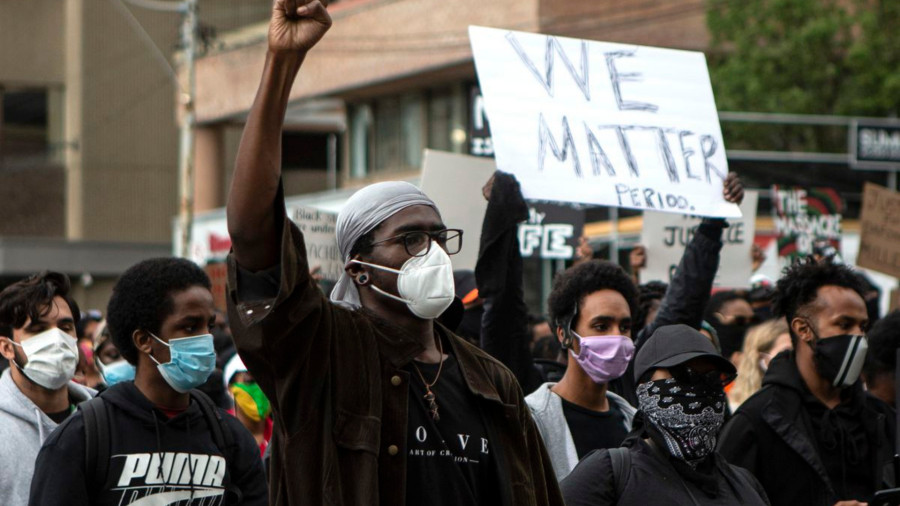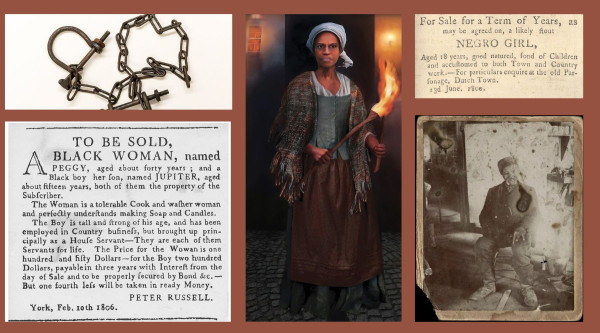However, Canada also had a horrific slave trade. While Canada’s slave trade was smaller than that in the United States in regards to the quantity of enslaved peoples and the period of time in which slave labour was utilized, it remains a shameful stain on Canada’s history which is worthy of reflection and acknowledgement.
Enslaved peoples were taken from Africa and were forced into labour in many parts of the world, including the United States, Latin America, Canada and many parts of the Caribbean. This resulted in land owners adopting slavery in many parts of Canada which, like the United States at the time, was a British colony. Many Indigenous populations were also enslaved.
Canada started inching towards emancipation when the country’s legal system was tested, as owners tried to use the law to recapture escaped slaves.
The earliest known example is “Charlotte.” Charlotte, whose last name has not been recorded in most available historical textbooks, was a Canadian enslaved woman in what is now known as Montreal, Quebec. Charlotte escaped slavery and was detained by law enforcement.
Charlotte’s enslaver sought to obtain a court order requiring her to return to slavery or be punished legally, which presumably would have been a term of imprisonment.
In 1798, the presiding judicial official, Chief Justice James Monk found in favour of Charlotte on a technicality. British laws which applied in Canada at the time stated that runaway slaves were to be held in houses of corrections and not jails.
But Montreal did not have houses of corrections and therefore, there was no law stating that Charlotte had to go anywhere. Chief Justice Monk stated that this interpretation of the law should be applied to all subsequent cases. Practically, this would have meant that anyone trying to recapture a runaway slave using Montreal’s legal system would be unsuccessful. It is thought that Chief Justice Monk’s decision paved the way for abolitionist legal attitudes in eastern Canada.
Moving forward in time, in the late 1700s, governments debated legislation that would end slavery. However, there was significant political opposition as, unsurprisingly, many politicians arguing such legislation profited from the slave trade. In 1793, the Act to Limit Slavery in Upper Canada was passed. This legislation prevented the importation of new slaves. However, it did not require that slave owners free their currently enslaved people. The new legislation required that the children of those enslaved peoples be freed after the age of 25. It is believed that the legislation was a political compromise as slave owners at the time would never agree to legislation that resulted in the financial loss of immediately freeing slaves.
In essence, abolitionist politicians accepted legislation that would not immediately free any enslaved people, but was designed to phase out the slave trade over time. It is believed that the last public slave trade in Canada took place in Belleville, Ontario in 1824 (according to the Canadian Encyclopedia).
In 1833 on August first, the British Government enacted the Slavery Abolition Act, which applied to Canada since our nation continued to receive British law at the time. The Act substantially ended slavery in Canada. However, there were still many shortcomings as the Act permitted the use of forced apprenticeships which were used to curtail anti-slavery laws in many parts of the world. Significantly, the Slavery Abolition Act made Canada a free territory for slaves, which precipitated the underground railroad.
On March 24, 2021, Canada’s House of Commons designated August 1 as an annual Emancipation Day in recognition of the Slavery Abolition Act. Emancipation Day is being recognized in an effort to acknowledge the wrongs committed in the past and continue a dialogue with a view towards continuing the fight against racism in Canada.










